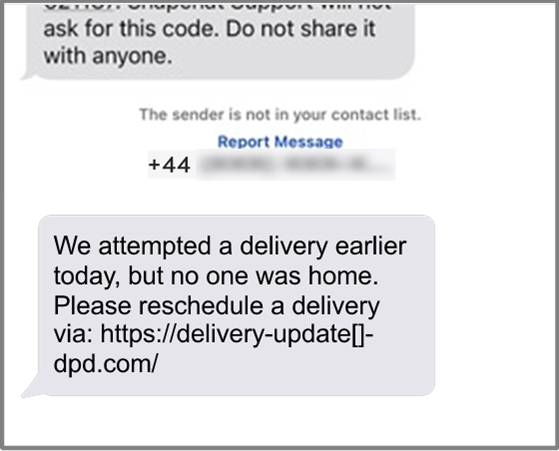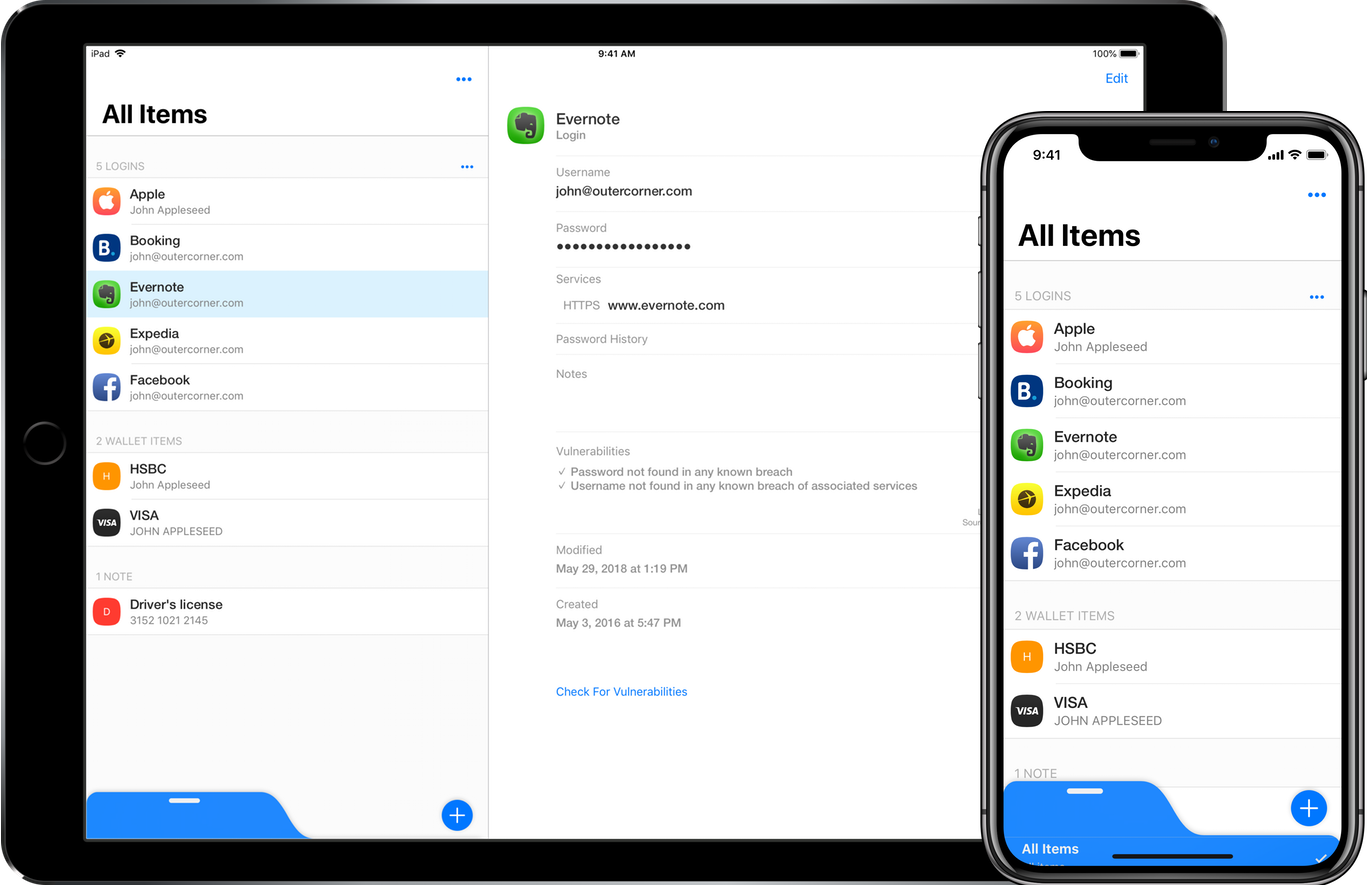
A nasty new Gmail rip-off seems to be doing the rounds, with some customers discovering emails with the topic line “On-line Reward Program” touchdown of their inboxes – however as with most unsolicited emails, it’s too good to be true.
Regardless of claiming that the e-mail is from Google and that the recipient has gained a prize as a result of being the particular person to make the 18.25 billionth search on its search engine, the e-mail just isn’t official.
Customers are requested to click on on a hyperlink to say their prize, which takes them to an internet web page asking them to enter private particulars. There’s no prize – Google doesn’t provide rewards to folks utilizing its search engine – and as a substitute, the sufferer’s private data is stolen.
How you can keep away from electronic mail scams
Sadly, electronic mail scams like this are commonplace – and so they don’t simply goal Gmail customers. It doesn’t matter what electronic mail supplier you employ, there’s an opportunity that in some unspecified time in the future a rip-off or spam electronic mail might land in your inbox.
Nonetheless, we’ve obtained some simple suggestions to assist ensure you don’t fall sufferer to those sorts of electronic mail scams:
1. Be vigilant
(Picture: © Shutterstock/Billion Images)
The best – and best – method to keep away from electronic mail scams is to maintain a cautious eye in your inbox. Keep away from opening emails from contacts you don’t know – and definitely don’t click on on any hyperlinks or open any attachments included with these emails.
Most electronic mail providers ought to show the topic of the e-mail and the title of the sender. If these increase any crimson flags – comparable to poor spelling, ‘spammy’ wording, and unusual person names, keep away from opening them and easily delete and block the sender.
This additionally goes for emails claiming you’ve gained competitions you don’t bear in mind collaborating in, which is how this newest Gmail rip-off works. Bear in mind, if one thing appears too good to be true, sadly, meaning it could possibly be a rip-off.
Should you do slip up and click on a hyperlink or obtain an attachment, use anti-virus software program to scan your system to ensure you’ve not been compromised.
2. Keep away from being phished

(Picture: © Proofpoint)
The commonest electronic mail rip-off is called ‘phishing’, which includes a malicious person sending you an electronic mail made to appear like it’s from a official supply comparable to a retailer or financial institution. They’ll ask you to offer private data and login credentials; by doing so, you’re basically giving scammers keys to your digital life.
Sadly, phishing scams have gotten more and more subtle, and that may make it onerous to find out if it’s an actual electronic mail or a rip-off. Should you get a suspicious electronic mail, examine for spelling errors, mistaken photos, and different errors that will counsel that the e-mail just isn’t official. The e-mail tackle it’s despatched from can be a clue, because it gained’t be the official tackle.
Additionally, keep in mind that establishments comparable to banks won’t ever ask you to offer private particulars or login data through electronic mail. To be on the protected facet, ring the enterprise or financial institution the e-mail is outwardly from (utilizing a telephone quantity on their actual web site, not any quantity included within the electronic mail) to substantiate.
3. Be good in terms of passwords

(Picture: © Outer Nook)
Most electronic mail scams will attempt to pay money for your password and login credentials, so ensuring your passwords are onerous to crack is crucial. Utilizing the identical password for a number of accounts ought to be prevented as a result of if one password will get compromised, it means scammers might simply achieve entry to all of your different accounts as effectively.
Password supervisor instruments are price utilizing, as chances are you’ll quickly discover that you’ve numerous totally different, complicated, passwords, and remembering all of them will probably be just about inconceivable. These instruments will securely retailer all of your passwords so you may enter them rapidly when wanted, and most may also provide instruments for suggesting sturdy passwords, that means you may simply give you new, uncrackable, passwords if one in every of your accounts will get compromised.
